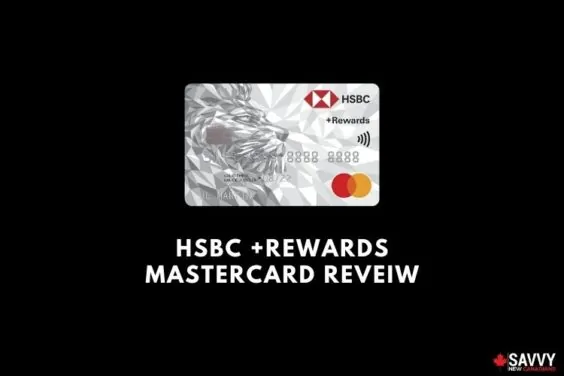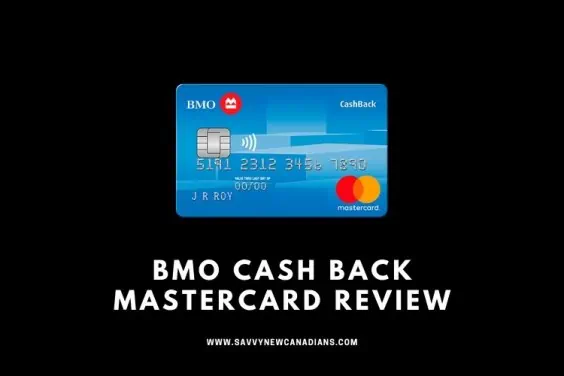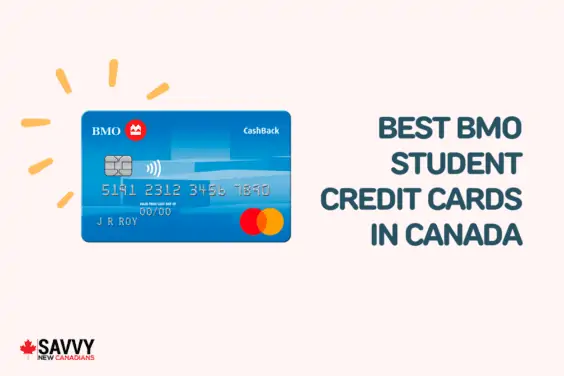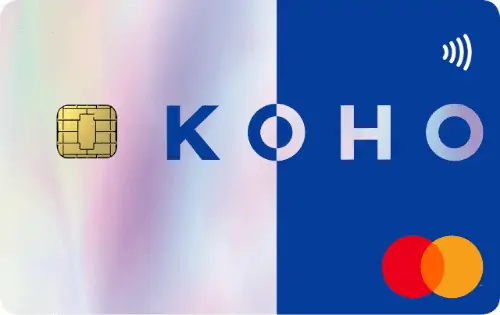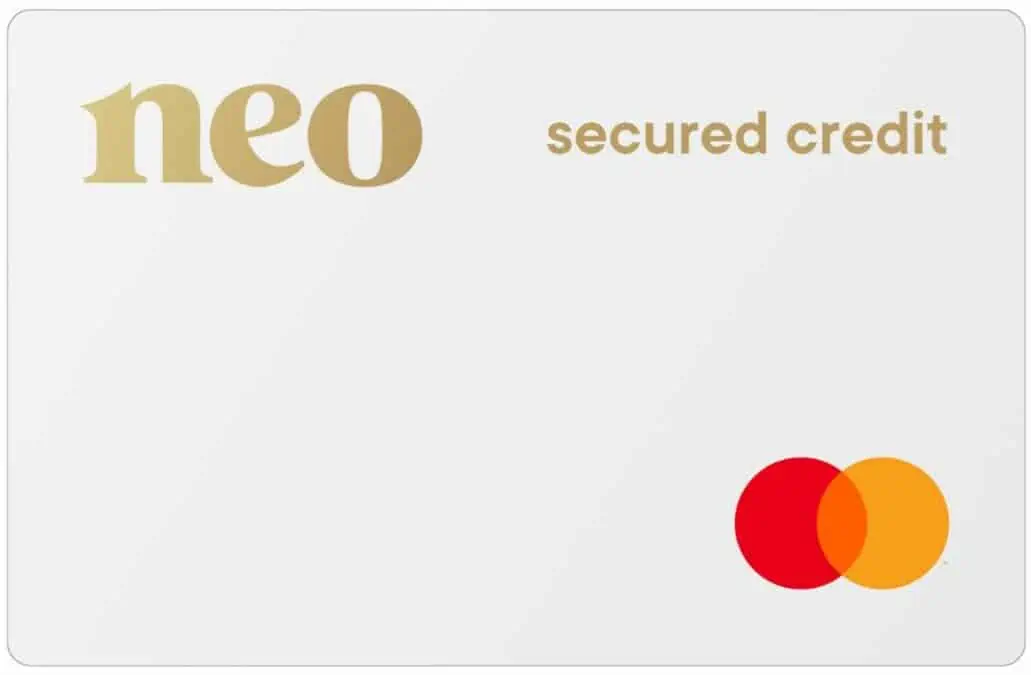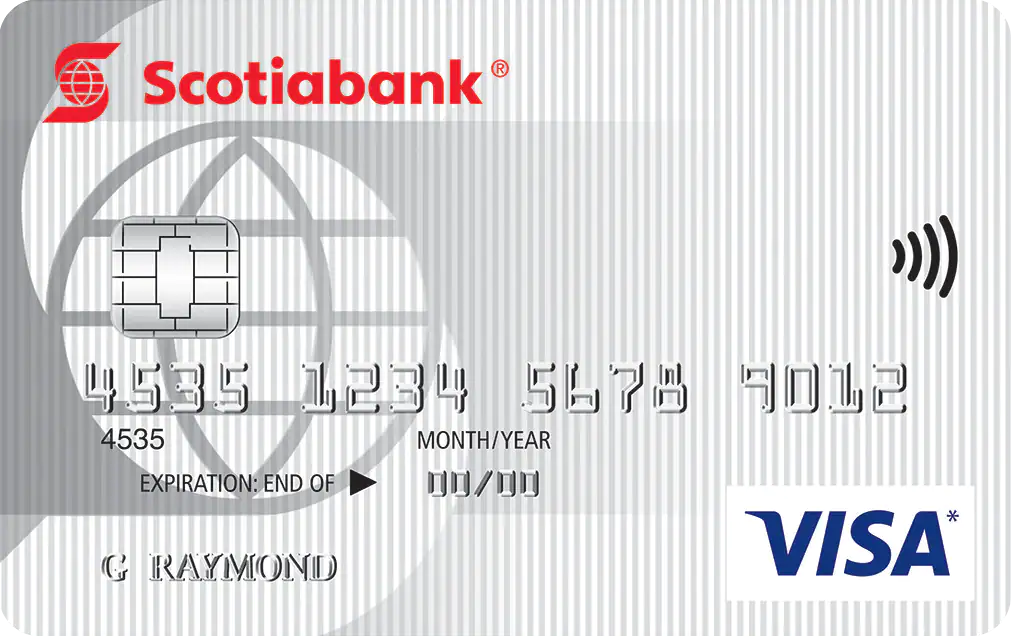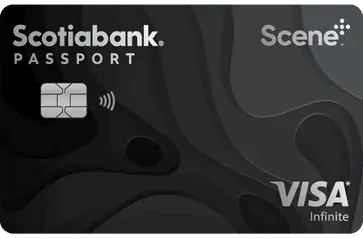When you apply for a credit card, you may be tempted by the rewards offered, like cashback. But one thing that many credit cards also provide is insurance.
Credit card insurance can be very useful, especially regarding travel insurance. It can help you to save money instead of purchasing separate travel insurance policies, and it’s worth looking into.
This guide looks at the 16 most common types of credit card insurance in Canada and details of how they work.
What is Insurance on Credit Cards?
Credit card insurance in Canada can be very useful.
It provides you with insurance coverage in various situations simply for owning or using your card.
Sometimes the cover is quite basic, but other times it can be comprehensive. It usually depends on the type of card you have. Premium cards, for example, tend to include better insurance coverage.
There are many types of credit card coverage in Canada, and there are two major groups: Travel Insurance and Shopping Cover.
Read on to learn more about the 16 main types of insurance you can find.
Credit Card Travel Insurance
Many credit cards provide travel insurance coverage as one of their perks. Travel insurance can be basic or comprehensive. There are 11 main types of travel insurance your credit card may provide.
1. Emergency Medical
Emergency Medical coverage is one of the most important types of credit card insurance coverage. The medical fees could be considerable if you visit another country and have an accident.
Without insurance, you may have to pay these fees yourself.
With Emergency Medical insurance, you can travel with complete peace of mind knowing that you are covered should the worst come to the worst. For example, if you are in an accident or become sick and must go to the hospital.
2. Travel Accident
Being involved in an accident is always bad. But it’s one of the worst things that can happen to you when you are travelling.
If you are in a car accident or any other kind of accident overseas, you also have to consider the financial cost. For example, even a broken arm can cost thousands of dollars in medical bills.
Travel Accident cover is one of the types of cover offered by several credit cards. The details may state a set amount you can receive in certain situations. For example, you may make a maximum claim for dismemberment or paralysis.
Related: Find out how these travel credit cards can help you save money.
3. Trip Interruption Insurance
If you go on holiday and have to cut your trip short, you may be able to claim your Trip Interruption insurance, which is offered by some credit cards.
Not to be confused with trip cancellation insurance, this is when you have to cut short your trip and return home before you originally planned to.
This type of insurance does not usually cover you unless you have a specific reason, usually stated in the policy details. For example, it could be due to a serious illness or even the death of a close relative.
If you are covered, you can get financial help to cover travel costs up to a maximum amount as specified in the policy details.
4. Trip Cancellation Insurance
Having to cancel a trip before you leave can be frustrating, especially if you are heading on a much-needed holiday. But the financial consequences can be even worse.
You may not be able to cancel your plane ticket, for example, or your hotel might not reimburse your reservation costs.
In this case, Trip Cancellation insurance can help. However, it will only likely cover you under a set list of emergencies, like the death of a close relative or serious illness.
You should know that the limit is typically quite low, usually around $1,500. This amount can at least cover the cost of your flight, depending on where you are travelling.
This type of insurance may be listed as flight cancellation insurance. In this case, it only covers the cost of the flight and no other costs like accommodation and car rentals.
5. Lost or Stolen Baggage Insurance
Losing your baggage on holiday can be a real nightmare, but it happens. Your possessions may get stolen while you are away. After all, tourists often make easy targets. Sometimes your belongings simply get misplaced.
While this can be frustrating, a Lost or Stolen Baggage cover can help take the sting out of your loss. This insurance covers the cost of replacing the items you have lost.
There will always be a limit, which is usually up to a few thousand dollars, but it can be as little as a few hundred dollars. This limit is a good reason not to take anything too valuable with you on your trip.
However, remember that if the airline loses your baggage, they often have the policy to reimburse you.
6. Baggage Delay Insurance
While less frustrating than losing your baggage, having your baggage delayed is still annoying. It becomes worse if you need to buy new clothes and other items to keep you going before your baggage arrives.
Baggage Delay insurance helps you in such situations. The limit is usually quite low, up to a few hundred dollars. In addition, you can get reimbursed for additional items you need to buy while you wait for your possessions to arrive.
There is usually a set amount of time after which you can start to claim. So, for example, a delay of a few hours won’t normally qualify.
7. Flight Delay Insurance
Flight delays are always frustrating, but things can become difficult when the delay goes beyond a few hours.
Credit cards provide Flight Delay insurance to help make the experience easier for you.
With this insurance, you can get financial help towards extra costs you must pay for food, personal items and even accommodation. However, it is normally only valid after a long delay, like 12 hours, and it will often only cover you up to a few hundred dollars.
8. Rental Car Loss
Credit card insurance coverage for rental cars is also common. When renting a car overseas, you will want insurance if someone steals it. Rental agencies usually offer this when you rent the car, which can considerably add to the total rental costs.
You are already covered with this type of insurance, which is often called Rental Car Collision/Loss Damage insurance. So you don’t have to pay more for additional car rental agency insurance.
It typically provides coverage for theft or damage, rental agency towing charges, and any charges for loss of use. It usually has a maximum rental period and a maximum vehicle value too.
9. Collision or Damage Insurance
This insurance is usually covered by Rental Car Collision/Loss Damage under the same policy.
So the same cover applies if the car gets damaged or you are involved in a collision. They may be separate, however, with one for loss and one for damage, so check the details of your policy.
If your car is damaged and your card provides insurance, be aware that you may have to pay some costs upfront. You can then claim these back on your insurance. The policy details may also state that you must file a police report.
10. Hotel/Motel Burglary Insurance
Hotel/Motel Burglary insurance is similar to Lost or Stolen Baggage insurance in that it covers the cost of your personal belongings.
However, it is more limited and will only cover you if someone steals your belongings from your hotel or motel.
It may have quite a low limit of a few hundred dollars, and there might be specific requirements about how you look after your belongings. For example, you might not be covered if the door to your room was left unlocked.
11. Personal Effect Insurance
This insurance covers your possessions should they be lost, stolen or damaged. It covers them at any point in your trip, not just during transit. It may even cover accidental damage to specific items.
But limitations usually apply. The cover provided may be quite low, and it may exclude expensive items like jewellery or laptops.
Credit Card Shopping Coverage
The second category of credit card insurance is Shopping Coverage. The insurance types included below are quite common when you apply for a credit card in Canada.
12. Extended Warranty
You will normally be covered by the manufacturer’s warranty when you buy an item in a store. But these often don’t last particularly long, perhaps a year in some cases.
Many credit cards offer extended Warranty insurance in Canada. This insurance provides additional coverage if you purchase using your credit card.
It will usually provide double the length of the original warranty with a limit of up to one or two extra years.
13. Purchase Assurance
This type of insurance is also called Purchase Protection insurance. It provides additional protection to cover your purchase on your credit card should the item be lost, damaged or stolen.
There is usually a set amount of time for this cover, often 90 days after making the purchase. However, it can be longer on some cards.
14. Price Protection
Price Protection insurance provides reimbursement if you buy an item and it goes on sale.
You must purchase the item using your credit card, and you then need to prove that the same item is on sale.
There is usually a set period with this type of credit card protection after you make the purchase when you can claim, and there may be an annual limit. Some items may not be covered, like perishable items.
15. Mobile Device Insurance
With many of us owning smartphones and tablets, Mobile Device insurance can be useful. Several credit cards provide this insurance, covering your phone or tablet if lost, damaged or stolen.
There will normally be an upper limit, and the amount of cover may decrease as your device ages. But it can be useful to have.
16. Balance Protection Insurance
Finally, Balance Protection insurance is offered by several credit cards. This is also sometimes called balance insurance.
If you carry a balance on your card, you must make your monthly payment. Failing to do so can lead to fees and hurt your credit score.
But what if something happens in your life and you cannot make the payment? For example, you could become unexpectedly unemployed, or you might be injured or become critically ill.
This type of insurance can pay off some of your balance or even the outstanding balance in specific circumstances.
This cover is usually an optional extra. If you have savings or you always pay off the balance in full, you may not need it.
Limitations of Credit Card Insurance
There are always limitations to credit card insurance, as with any insurance product.
It is always important to look closely at the policy details, which will explain the limitations clearly. Some have already been mentioned above.
They usually include limits to the amount you can cover in specific circumstances. For example, Trip Cancellation insurance may only cover up to $1,500, even if your costs are far higher.
There may also be age restrictions. For example, travel insurance may only cover you up to 65 or 70.
When it comes to emergency assistance, your health may also play a role. Unfortunately, most credit card insurance will not provide coverage for people with pre-existing health conditions, and you may need a more specialist policy.
There may be restrictions based on the length of your trip. For example, you may only be covered if your trip lasts no more than 60 days.
Your credit card insurance may only cover the cardholder, or it might provide cover for your travelling companions. In addition, there may be individual limits and group limits on what you can claim.
You will often have to purchase your trip using your credit card to receive coverage in the first place. However, some types of insurance may apply automatically.
The golden rule is to always read the policy details for your credit card and be aware of the limitations to avoid nasty surprises when you make a claim.
How to Make an Insurance Claim
Making an insurance claim is normally quite straightforward. However, if you need to make a claim, simply open a claim with the insurance provider. You will be able to find full details from your credit card provider.
There will normally be a number to call, and this may include an emergency number for travel insurance. For example, if you are in an accident and need emergency assistance.
In other situations, you may make a claim later on, after you have returned home. For example, if you want to claim lost baggage, you will not normally do this when your baggage is lost.
But it’s still a good idea to call your policy provider as soon as an incident occurs to find out more. There may be a time limit on when you can report an incident, so be aware of this too.
Always check the policy details and find out all the information you need to provide. This information may include receipts or a police report, for example.
Do You Need a Credit Card With Insurance?
Many people like to get a credit card with insurance, but it’s not always necessary. For example, you may already have comprehensive travel insurance from another provider, or you might simply not feel the need for it.
But credit card insurance is always good to have if you travel regularly or you want to enjoy extra protection for your credit card purchases.
Is credit card insurance worth it? That depends on your situation. But it’s always worth looking into which type of insurance your card provides, and it can also help you make your choice when you apply for your next credit card.
FAQs
Credit card insurance varies depending on the card, but Extended Warranty insurance is very common, and many credit cards include it.
Credit card insurance is important because it can help limit your financial losses in a wide range of situations.
Not all credit cards have purchase protection. However, it is very common on all types of cards, including basic credit cards.
Related: The best credit cards in Quebec.
